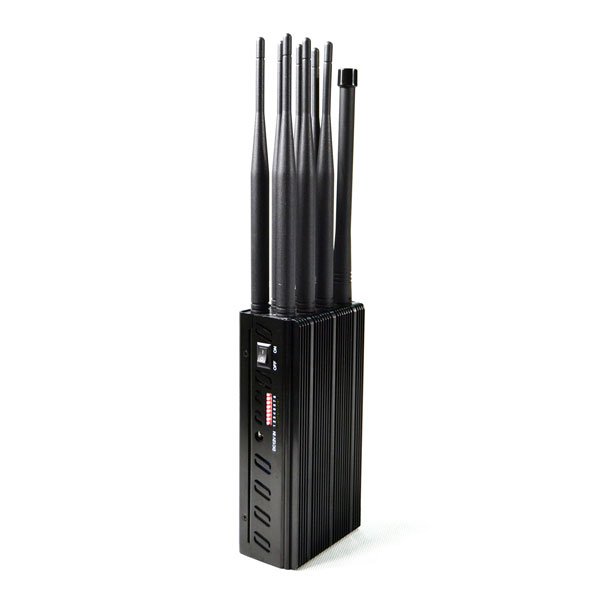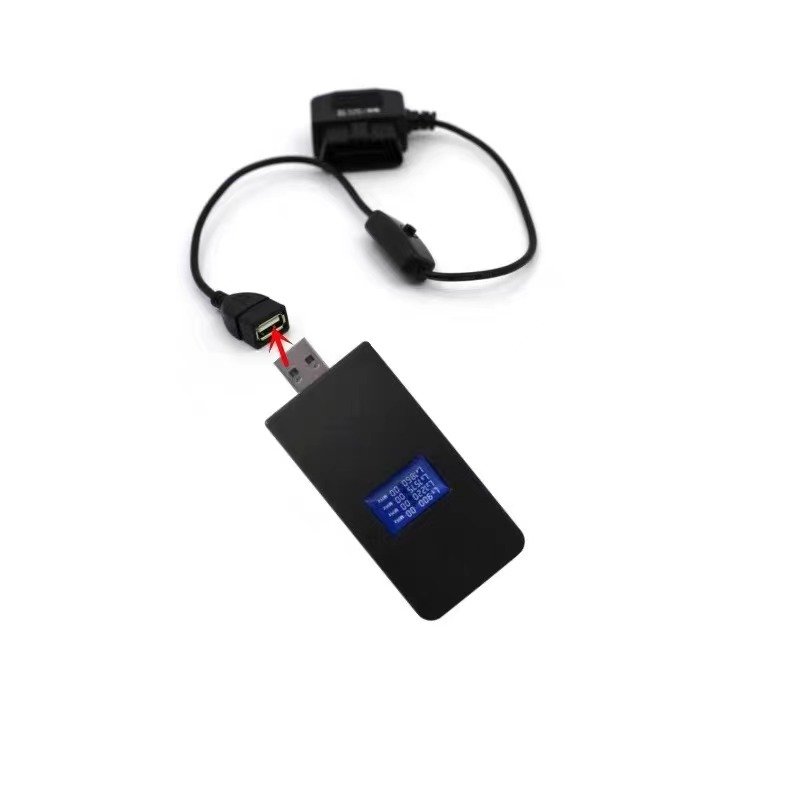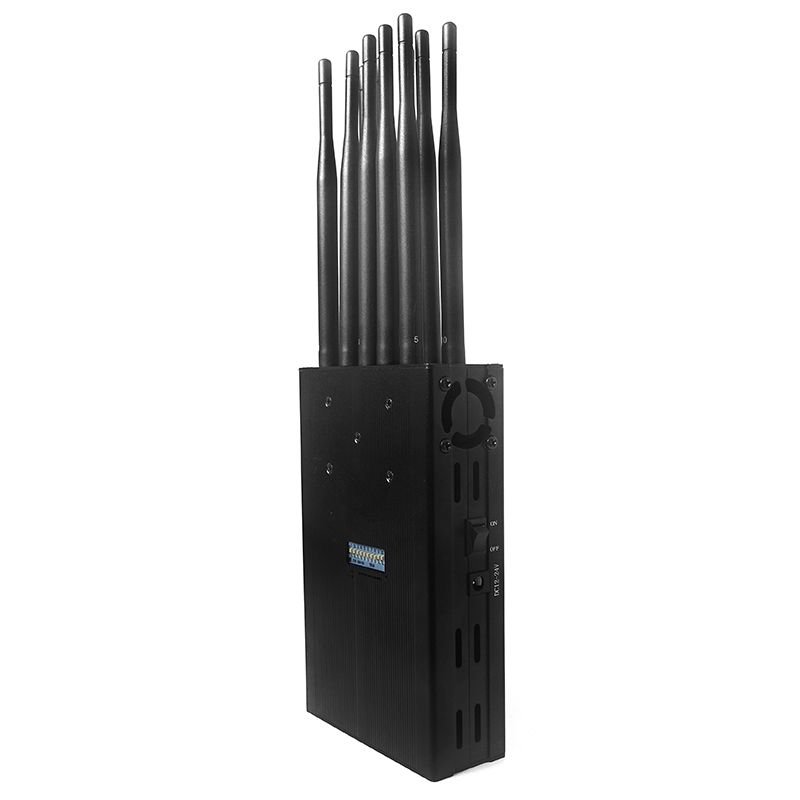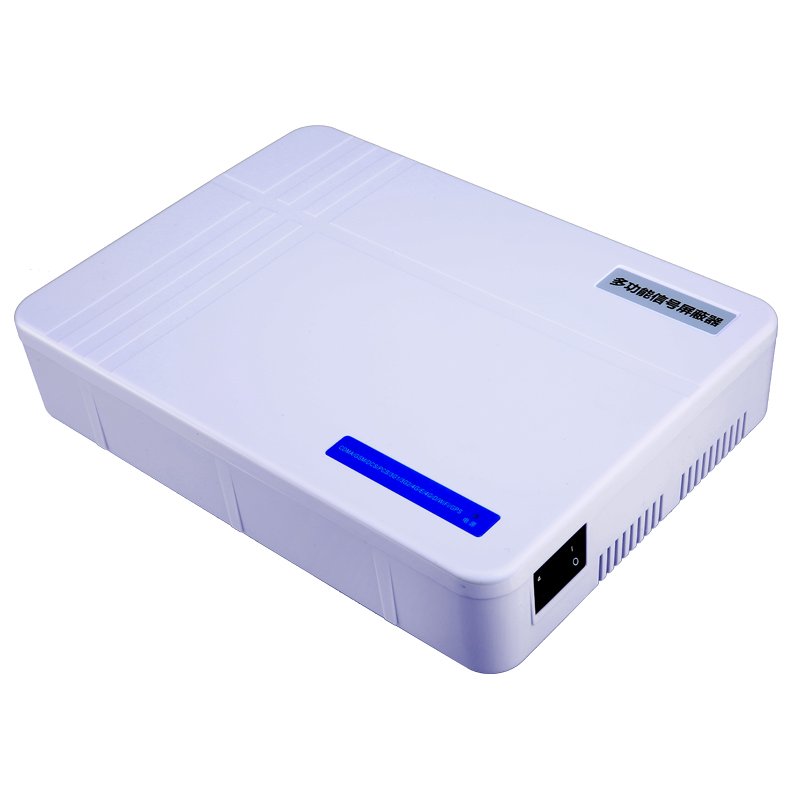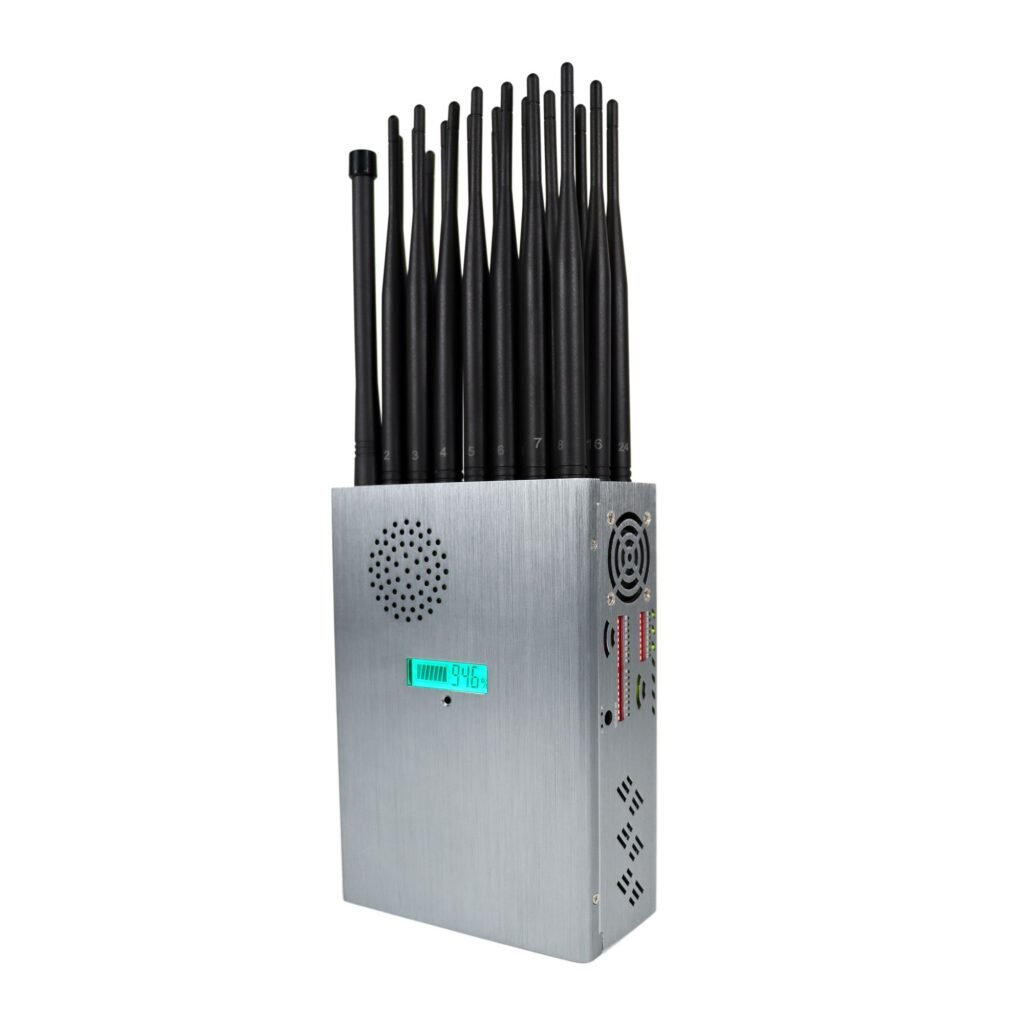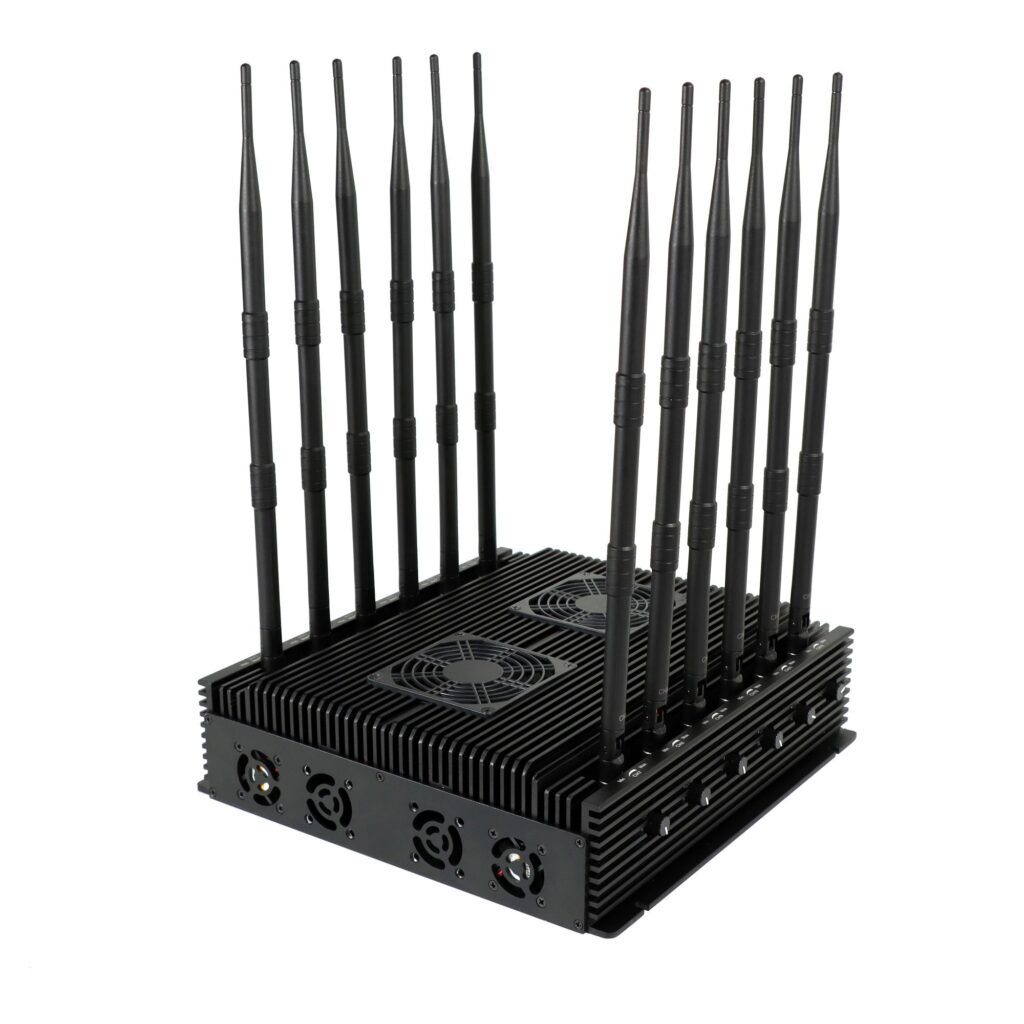I have already written two articles on the subject of "How to choose a jammer to buy", one entitled "How to choose a jammer? Best analysis" and the other with the title "Case analysis of the scenario of the decision to buy jammers (part 1)". The analysis of real customer cases will be continued later in the second and third articles. . . I will write a series to help my clients choose the right jammer for them.
In this article, I will help customers understand jammers from the perspective of signal frequency. This article is also an article to help customers choose the jammers they want to buy. Hope you like it.
Interfering transmitter signal frequency
Below I have compiled the interference frequencies of all current interference transmitters:
- VHF/LOJACK: 135-175MHz
- 5G600: 617-698MHz
- 5G3700: 3600-3900MHz
- 3G2100: 2110-2180MHZ
- RC-868: 868MHz
- WIFI5.2G: 5100-5500MHz
- 4G2600: 2620-2690MHZ
- 4G800: 790-826MHz
- FM radio: 80-108MHz
- RC-433: 433-434MHz
- 4G700: 700-803MHz
- GPSL1: 1560-1610MHz
- LORA/RC915: 900-930MHz
- 4G2500: 2500-2620MHz
- GPSL2L3L4L5: 1170-1390MHz
- CDMA850: 851-894MHZ
- 4G1700: 1710-1780MHz
- WIFI 6E: 5925-6425MHz
- RC-315: 315MHz
- GSM900: 925-960MHz
- DCS1800 1805-1920MHz
- WIFI2.4G: 2400-2500MHz
- WIFI5.8G: 5500-5900MHz
- 5G3300/3500: 3300-3600MHZ
- UHF&CDMA450: 400-470MHz
- 5G1500: 1427-1518MHz
- PCS1900: 1920-2000MHz
- 4G2300: 2300-2400MHz
If you simply look at the signal frequency overview information above, you will think that there are only 28 signal frequencies, but this is not the case. For example, 5G3300/3500 can be divided into 5G3300 and 5G3500, and LORA/RC915 can be divided into LORA and RC915. I hope you understand that some signal frequencies are shared by different signal types and are therefore written together, but they are actually different signal types.
In the following, I will use different signal types to analyze which Jammer you should buy. There are many applications for signal frequencies. It is impossible for me to analyze them all in one article. I will select several common signal types to analyze. If my customers like it, I can also write more articles on this topic later.
1. communication network (mobile radio and wireless network)
Signal classification:
2G/3G/4G/5G mobile networks:
GSM900, DCS1800, PCS1900, CDMA850, UHF and CDMA450
3G2100
4G700, 4G800, 4G1700, 4G2300, 4G2500, 4G2600
5G600, 5G1500, 5G3300/3500, 5G3700
WLAN:
WIFI 2.4G, WIFI 5.2G, WIFI 5.8G, WIFI 6E
Corresponding application scenarios:
- Mobile voice communication and SMS services (such as GSM/CDMA)
- High-speed internet access (e.g. 4G/5G)
- Networking smartphones and mobile devices
- Wireless LAN (e.g. WLAN at home and in the office)
- IoT device communication (e.g. smart home, industrial IoT)
Although I have summarized all signals above, as far as communication networks (cellular and wireless networks) are concerned, the following signals are still the most popular: 2G 3G 4G WIFI2.4G. Most common devices such as Bluetooth, smart home devices (e.g. smart sockets, cameras), etc. still use WIFI2.4G.
Only a small number of high-end devices use 5G, WIFI5.2G, WIFI5.8G and WIFI 6E signals. Among them, WIFI 6E is rarely used in devices because it is too new. I can tell you that although WIFI 6E has a wider spectrum and higher speed than WIFI5.2G and WIFI5.8G, the cost of WIFI 6E is also high, and WIFI2.4G is still used in most scenarios in the world. If you observe your life, you will realize that WIFI5.2G and WIFI5.8G are actually used less.
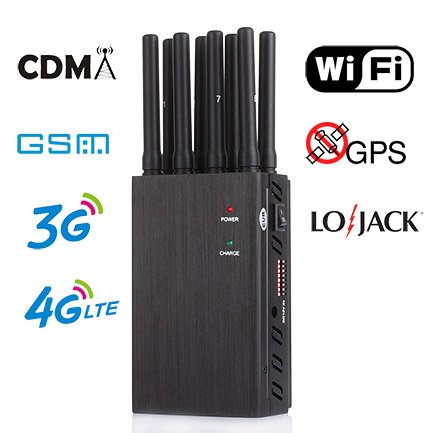
If you need to jam cellular and wireless network signals, the products most frequently purchased by our customers are SDP08HD and SDP10DT. The two devices each have their own advantages. SDP08HD is a portable device that can only interfere with 2G, 3G, 4G, LTE, WIFI2.4G. It also has a built-in battery, but cannot jam 5G, WIFI5.2G or WIFI5.8G. SDP10DT interferes with 2G 3G 4G LTE 5G WIFI2.4G WIFI5.2G WIFI5.8G, but it is a desktop device and desktop jammers are heavy and not suitable for carrying around.
2. long range and remote communication
Signal classification:
Mobile networks with low bandwidth:
GSM900, CDMA850, 4G700, 4G800, 5G600, 5G1500, UHF and CDMA450
LoRa and specific frequency band (long-distance communication with low power consumption):
LORA/RC915, RC-868, RC-433, RC-315
Corresponding application scenarios:
- Network coverage in rural and remote areas (e.g. 4G700, 5G600)
- IoT communication over long distances with low power consumption (such as LoRa)
- Intelligent agriculture, remote monitoring, environmental monitoring
Although I have classified the above signals as long-distance communication tools, many of them are actually used for more than just long-distance communication. Let me give you an example. RC-868, RC-433 and RC-315 are signals that are mainly used for remote control device signals.
We have developed a new device for the RC-868, RC-433 and RC-315 jammers. The signal jamming distance of the new device is very long and can be up to almost 100 meters. However, when I wrote this article, the new RC-868, RC-433 and RC-315 jammers were not yet on the market. I will add to this article later when I have time. For the time being, I recommend using the RC 868 RC 433 RC 315 jammer with the SDP06HD. SDP06HD is a jammer with 6 antennas. If you select the option "RC 868 RC 433 RC 315" and place an order, I will make advanced settings for you.
3. navigation and positioning system
Signal classification:
GPS frequency band:
GPSL1, GPSL2L3L4L5
LoJack:
VHF/LoJack
Corresponding application scenarios:
- Vehicle navigation and positioning (e.g. GPSL1)
- Precise mapping and high-precision navigation (such as GPSL2L3L4L5)
- Vehicle theft protection and tracking (e.g. LoJack)
- Drone and robot navigation
I have already written several articles on the subject of GPS jammers, including "To block the GPS tracking of your vehicle" and "Are GPS jammers effective against trackers?". You can have a look at them if you are interested. As for GPS LoJack jammer, we as a factory have the ability to customize the device for you. If you do not want customization, you can also SDP08HD buy. In most cases, SDP08HD is sufficient. If you are of the opinion that the configuration of SDP08HD is not sufficient, you can SDP24HD purchase. If you want something with higher output power than the SDP24HD, you will need to buy a desktop GPS LoJack jammer.
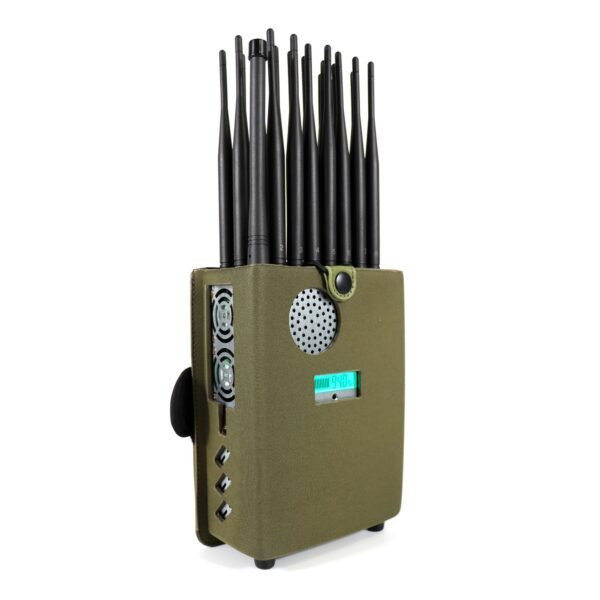
4. wireless remote control and sensor
Signal classification:
Wireless low-frequency remote control:
RC-315, RC-433, RC-868, LORA/RC915
Corresponding application scenarios:
- Smart home remote control (e.g. lights, curtains, thermostats)
- Wireless alarm systems (e.g. access control, smoke detectors)
- Industrial sensor networks (e.g. temperature and
- humidity sensors)
- Parking lot management and access control
I mentioned this in the second point above, you can see the second point above. I will not repeat the analysis here.
Today in this article I will first analyze the 4 types of signals mentioned above. If you like my article, I may write more articles on this topic later. But what I have to say is that signals are very useful in our life. For example, signals are necessary for online information search, GPS navigation, remote control of remote control toy cars, etc. However, there are always situations where we need to block the signal, such as when children play with cell phones instead of learning, when our car is tracked by strangers' GPS, etc. When we need to protect our information security and privacy, we need to use jammers.


